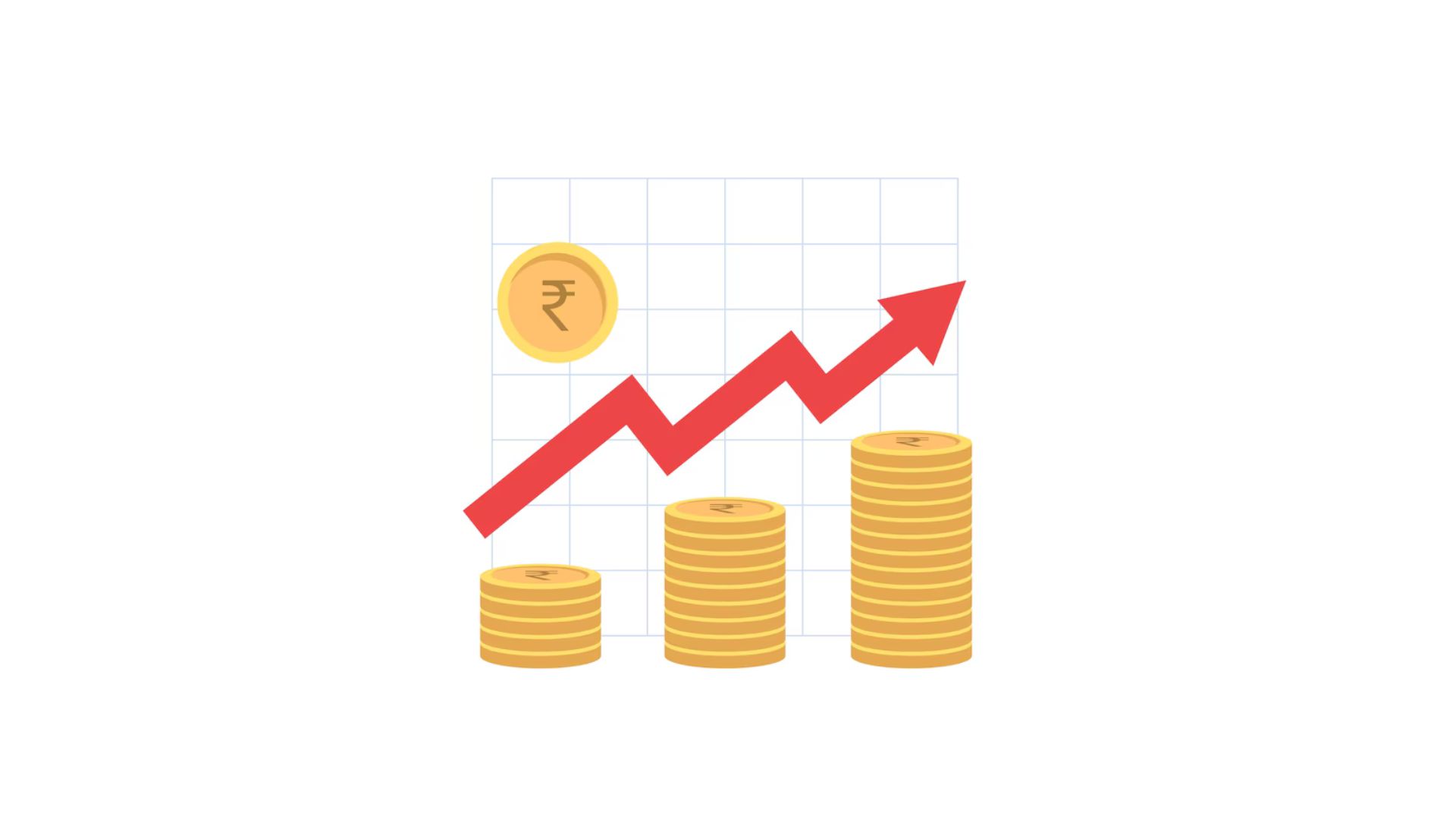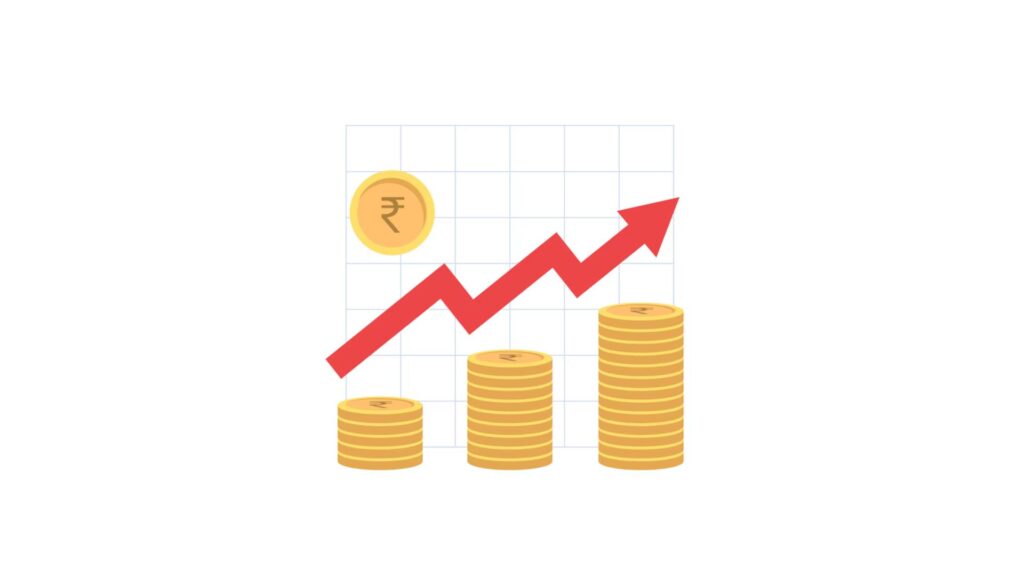
19 Jun Significant Growth in LTCG and STCG in AY23

Income tax assessees reported nearly double the capital gains in the Assessment Year 2022-23 (AY23) compared to AY22. Notably, Long Term Capital Gains (LTCG) experienced much higher growth than Short Term Capital Gains (STCG) during this period.
These statistics, generated from e-filed returns (digitally signed, e-verified, or with received ITRV) captured in the system up to August 31, 2023, involved the examination of 6.75 crore returns.
According to the Income Tax Department, LTCG declared in returns rose to ₹8.20 lakh crore in AY23, up from ₹3.52 lakh crore in AY22. Similarly, STCG surged to over ₹2.22 lakh crore, compared to ₹1.52 lakh crore in the previous year. Although specific reasons for this surge have not been provided, it is believed that rising asset prices during the assessment year yielded substantial returns for sellers.
Capital gains refer to any profits or gains arising from the transfer of a capital asset in the previous year, which are subject to income tax. Capital assets include immovable properties (such as land, buildings, and house property) and movable properties (such as securities listed on a recognized stock exchange in India, units of UTI, units of equity-oriented mutual funds, and zero-coupon bonds).
Capital assets are categorized into two types: Short Term and Long Term. An asset held for 36 months or less is classified as a short-term capital asset. However, for unlisted shares and immovable properties (such as land, buildings, and house property), the period is reduced to 24 months from FY2017-18. A 12-month period is used for equity or preference shares in a company listed on a recognized stock exchange in India, securities listed on a recognized stock exchange in India, units of UTI (quoted or not), units of equity-oriented mutual funds (quoted or not), and zero-coupon bonds (quoted or not).
An asset held for more than 36 months is considered a long-term capital asset. Land, buildings, and house properties are considered long-term capital assets if held for more than 24 months (from FY2017-18). For equity or preference shares in a company listed on a recognized stock exchange in India, securities listed on a recognized stock exchange in India, units of UTI (quoted or not), units of equity-oriented mutual funds (quoted or not), and zero-coupon bonds (quoted or not), the criterion is more than 12 months.
The tax rate on capital gains for short-term securities is 15 percent of the gain, or according to tax slabs for others. Long-term capital gains tax is 10 percent for securities and 20 percent for other assets.
Source: The Hindu Business Line


No Comments